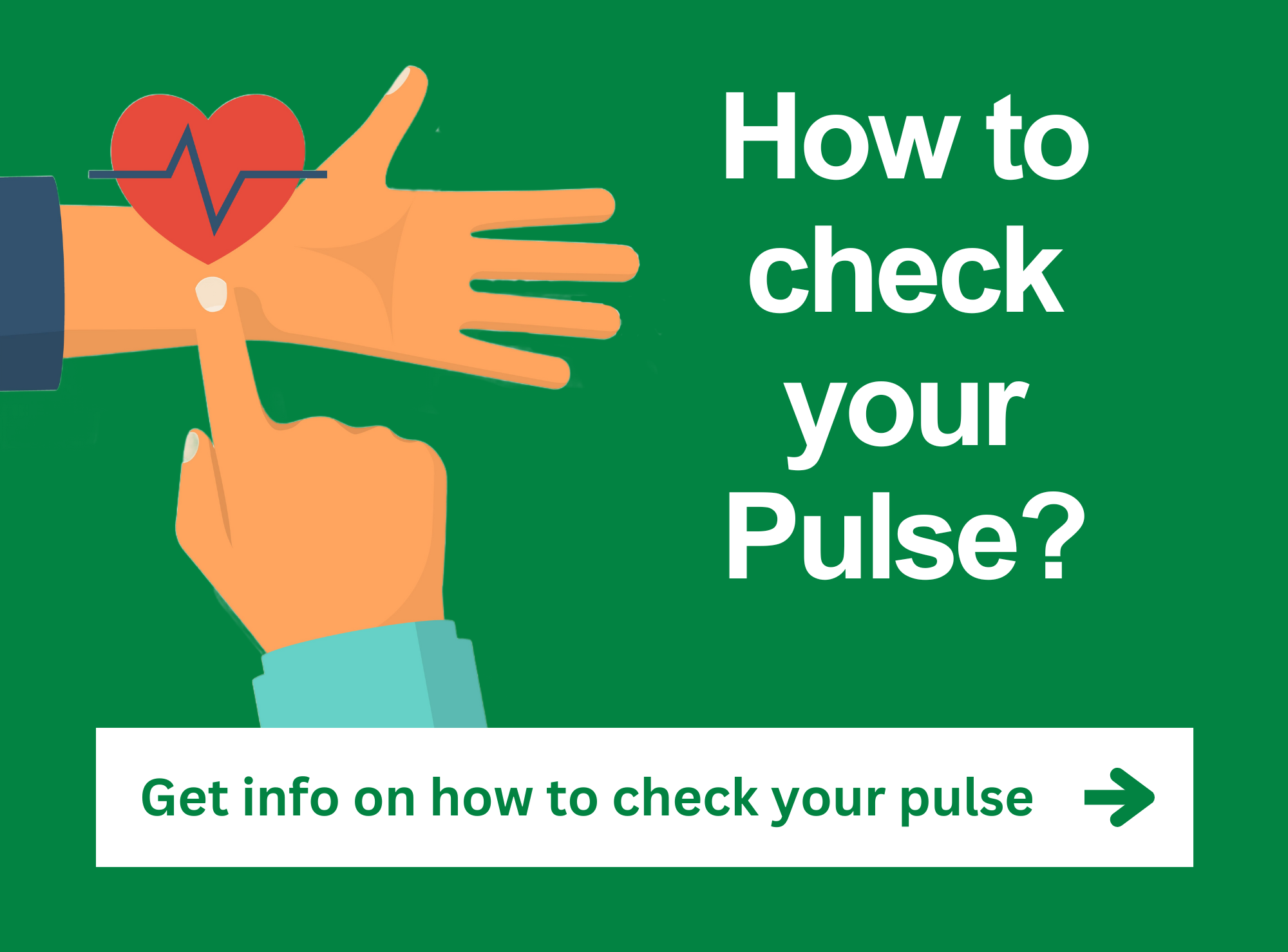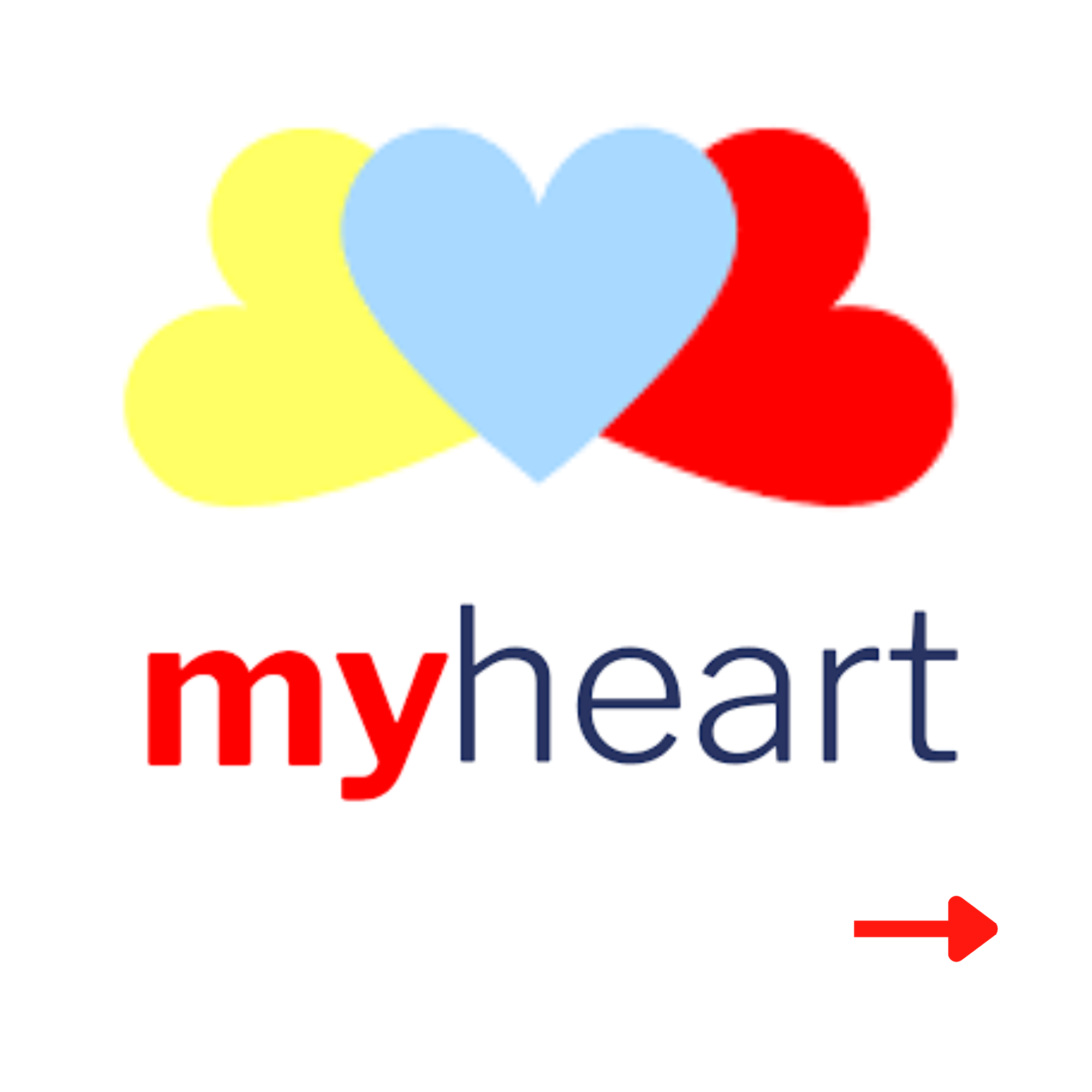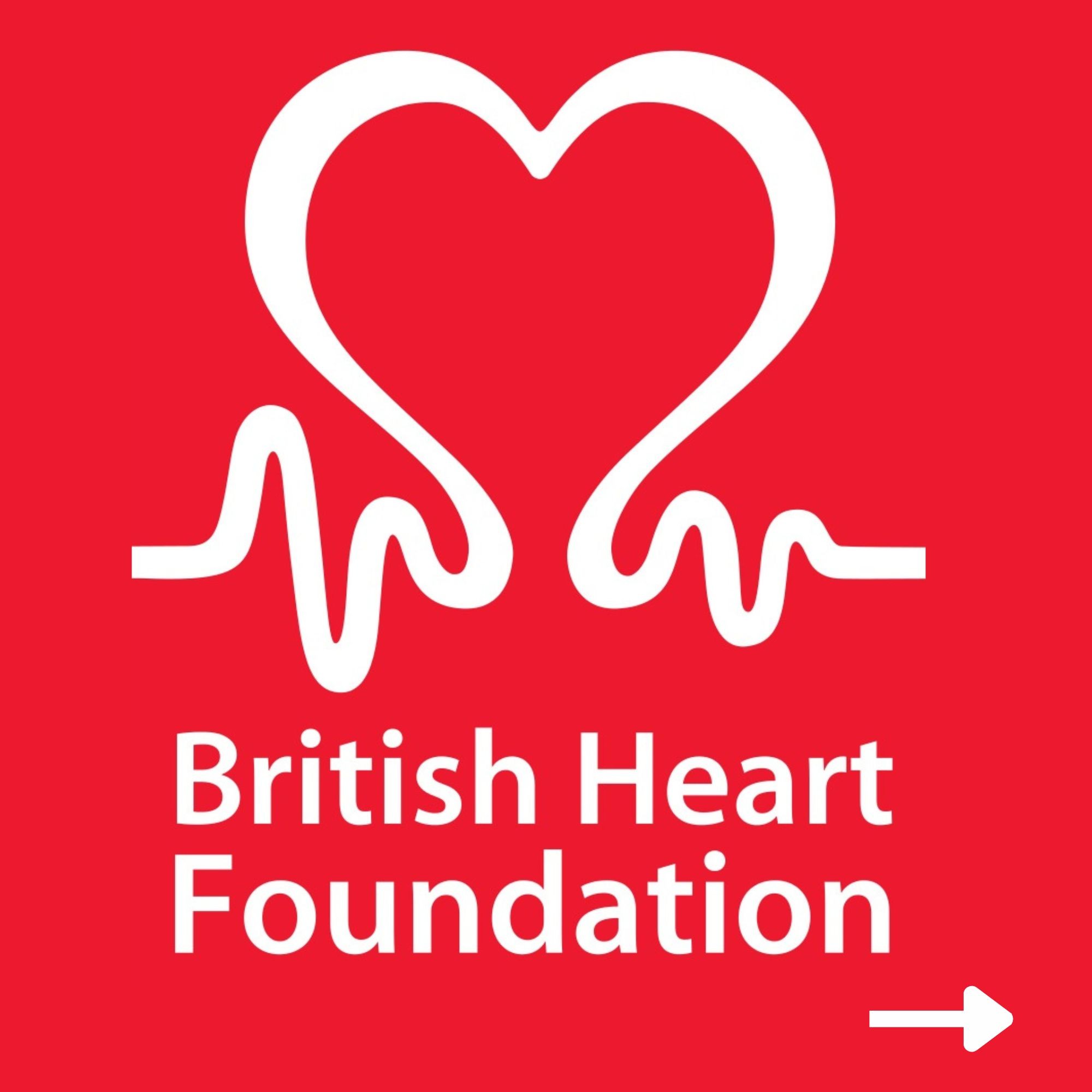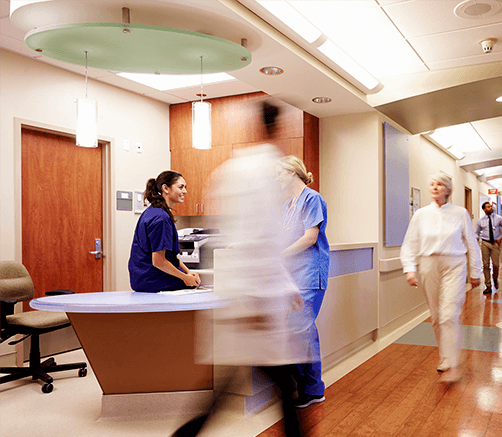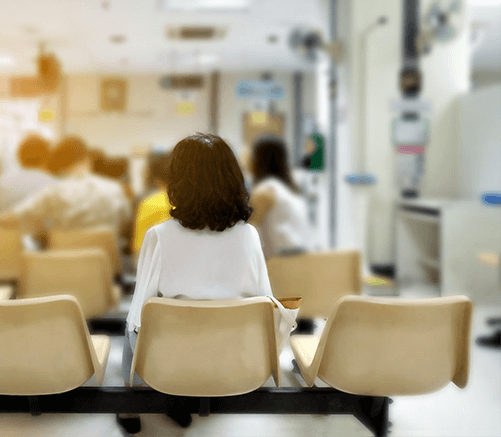Atrial Fibrillation (AF) is the most common heart rhythm disorder. It is caused by faulty electrical signals in the upper chambers of the heart (atria) causing it to beat out of rhythm. These signals travel to the ventricles (bottom chambers of the heart) through the AV node causing symptoms.
Not everyone experiences symptoms of AF in the same way. It’s very individual.
Symptoms of atrial fibrillation ?
The main symptoms of atrial fibrillation are:
- an irregular heartbeat, where your pulse is not steady
- suddenly feeling like your heart is pounding, racing, fluttering, skipping or missing a beat (heart palpitations) – this may last for a few seconds up to a few minutes
- a heartbeat faster than 100 beats per minute
- feeling very tired
- finding it harder to exercise
- chest pain or tightness
- feeling short of breath, lightheaded, dizzy or like you might faint
Sometimes there are no symptoms, and atrial fibrillation is found as part of a routine check-up or when you're having tests for something else.
If you do get symptoms, they may start and stop on their own (paroxysmal atrial fibrillation) or stop after treatment (persistent atrial fibrillation).
Over time, you may always have symptoms (permanent atrial fibrillation).
Causes of Atrial fibrillation
Atrial fibrillation is caused by a problem with the electrical system that makes your heart beat.
Anyone can get it, but you may be more likely to get it if:
- You're aged 55 or older
- You're a man
- You're living with obesity or overweight ⚖️
- You smoke ?
- You take certain medicines, such as levothyroxine, lithium or some asthma medicines like salbutamol ?
Atrial fibrillation can also be caused by another condition such as:
- High Blood Pressure
- Heart conditions like heart failure, mitral valve problems or Wolff-Parkinson-White syndrome
- A Heart Attack
- Chronic Kidney Disease
- An overactive thyroid (hyperthyroidism)
- Diabetes
- Sleep Apnoea
Things you can do yourself to help with atrial fibrillation
In addition to treatment you might need, there are things you can do yourself to help with symptoms of atrial fibrillation and lower the chances of complications.
Do
- avoid triggers such as caffeine, spicy food, stress, dehydration and lack of sleep
- try to keep to a healthy weight
- eat a balanced diet
- exercise regularly – aim to do at least 150 minutes of moderate exercise a week, like walking, bike riding or gardening
Don't
- do not smoke ?
- do not drink too much alcohol
- do not exercise too much or too hard – this can trigger atrial fibrillation



